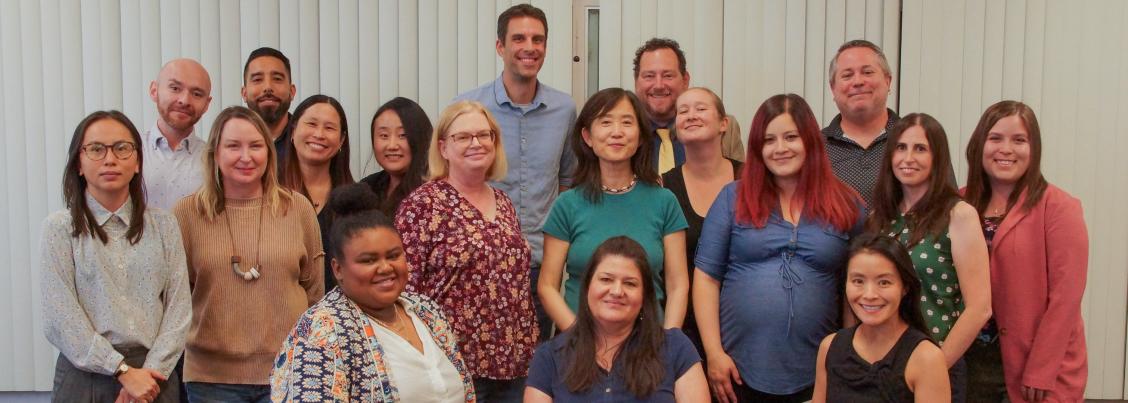Overview
The Department of Psychology offers advanced training in 3 areas of psychology: 1) Applied Behavior Analysis, 2) Clinical Psychology, and 3) Psychological Science. (School Psychology is an integrated program with the Department of Educational Psychology and Counseling. Persons interested in advanced training in School Psychology should apply to the Department of Educational Psychology and Counseling in the College of Education.) For details, procedures and requirements for admission to the graduate Options in Clinical and General Experimental, consult the Department of Psychology Graduate Handbook (www.csun.edu/psychology). For details, procedures, applications and requirements for admission to the Master of Science in Applied Behavior Analysis Program consult the Tseng College website (msaba.csun.edu).
Programs
Graduate
- M.A., in Clinical Psychology
- M.A, in Psychological Science
- M.S., Applied Behavior Analysis
Mission Statement
The vision of the Department of Psychology is summed up in one word: “Relevance.” The Department of Psychology, housed in a University serving one of the world’s most diverse urban regions, is committed to excellence in teaching, research and service to the community. Our mission is to provide students with a strong academic background in psychology, as well as to help them develop professional competence.We encourage students to develop critical-thinking skills, creative abilities, interpersonal skills, ethical values and integrity in an inclusive community in which teaching and mentoring of students is valued. Our courses encourage scholarship, intellectual inquiry, professional achievement and service to the community. Students acquire many skills through field work and service learning as well as involvement in research projects guided by our faculty. We encourage students to gain knowledge and comprehension of the theories, concepts and empirical approaches used in psychology and their application to the human condition. Our Program offers a broad spectrum of theoretical approaches, including biological, developmental, behavioral, individual and social systems, as well as learning and cognitive processes. As part of their academic training, students gain knowledge and understanding of research methodology and the statistical analysis of empirical data. Through the Department’s commitment to applied social science research, students obtain the critical core skills necessary to meet the needs of the region, as well as to be competitive in the multicultural marketplace as either members of the workforce or as graduate students.
Careers
Most careers in psychology require graduate study at the Master’s or Doctoral level. However, there are increasing opportunities in business, education and health care for Bachelor’s-level psychologists. Appropriate Master’s Degree Programs can lead to a wide range of careers, including school psychology, behavior analysis, business applications (human factors psychology and industrial-organizational psychology), clinical psychology (if one receives appropriate education and obtains a license), and a variety of other careers found in school settings (counseling, testing, research and administration), as well as community mental health clinics, prevention and/or high risk programs for health/lifestyle issues, programs using applied behavior analysis, rehabilitation centers and other health facilities. Psychologists also are employed by nearly all levels of governmental agencies, such as the Department of Education, the Department of Veteran’s Affairs, the Department of Defense and the Department of Health and Human Services, as well as state, county and local mental health services. Psychologists who receive their Doctorate may become professors, researchers, consultants, public policy analysts and licensed clinical psychologists.
Board Certified Behavior Analyst (BCBA®) Accreditation
Specified graduate coursework in the Psychology department’s Master of Science degree program in Applied Behavior Analysis has been approved by the Behavior Analyst Certification Board (BACB®) to meet the coursework requirements for eligibility for the Board Certification Exam. Consult the program website for details about the curriculum, application procedures and requirements for admission.
General Information
Research Resources




